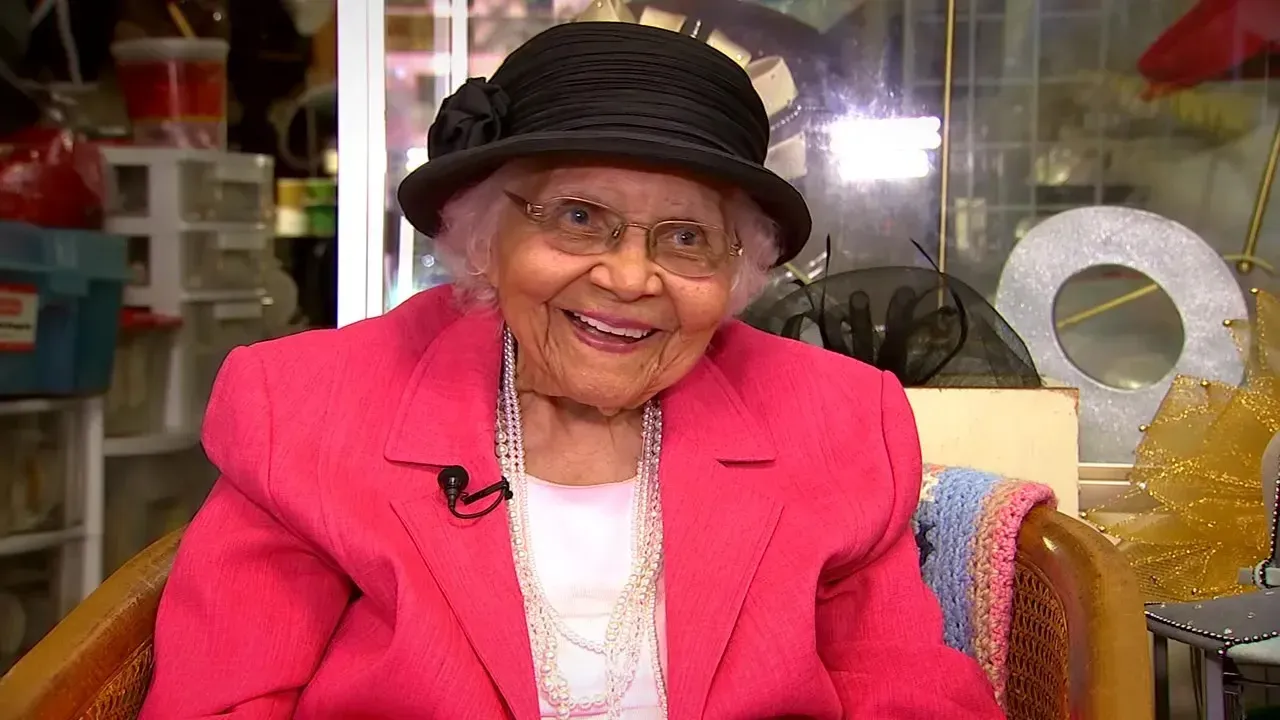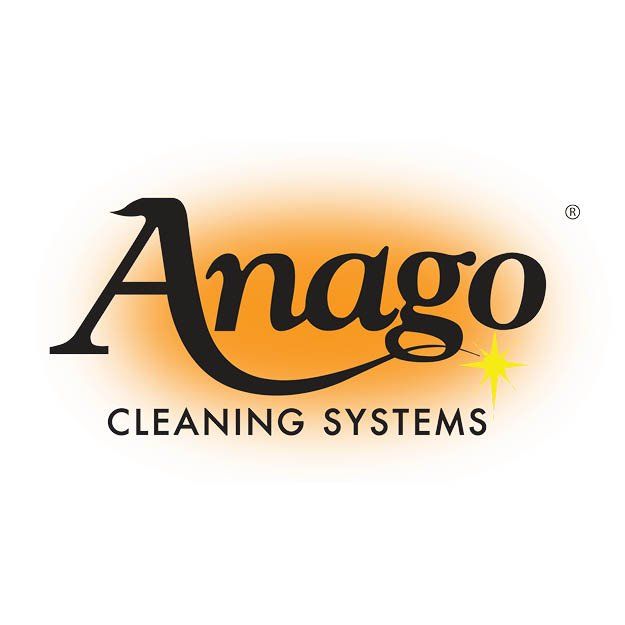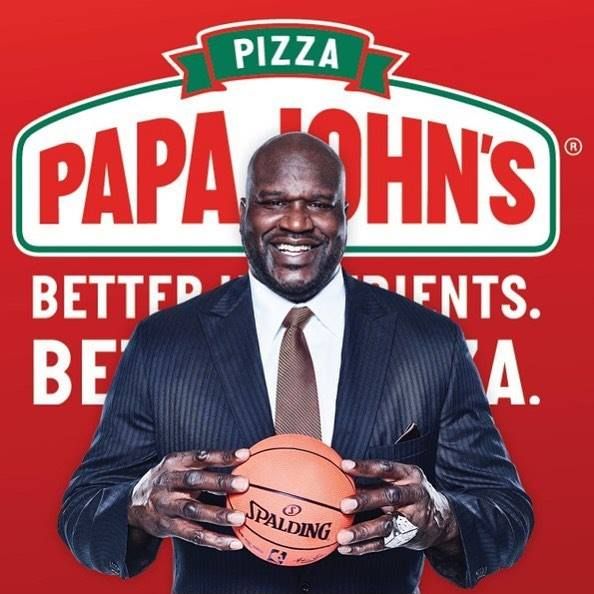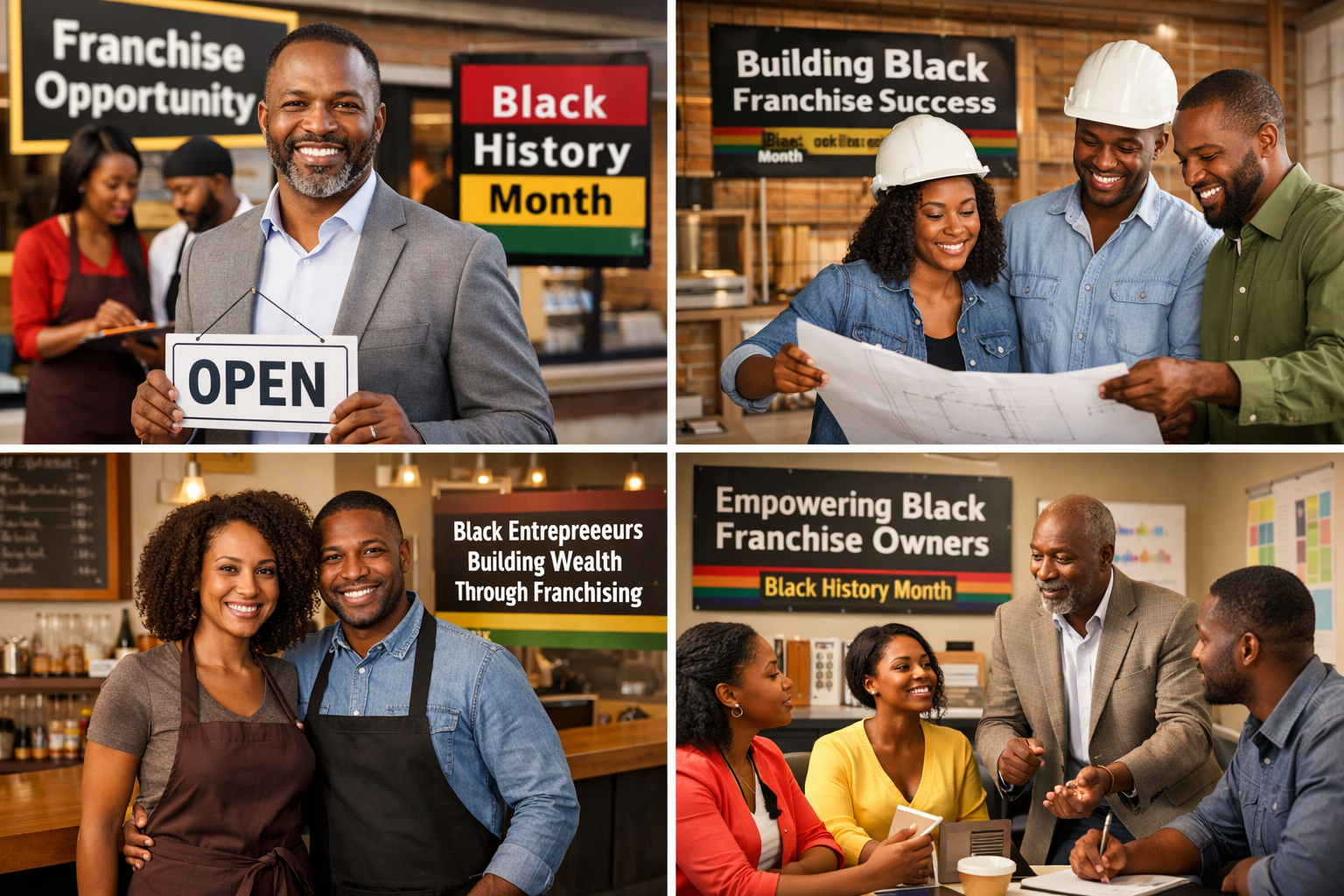From Lunchtime Conversations to AI-Powered Video Disruption: The Hippo Video Story
In the bustling world of SaaS innovation, few stories are as inspiring and as human as that of Hippo Video. What began as a series of lunchtime conversations among three colleagues at Zoho has evolved into a global AI-powered video platform that’s transforming how businesses communicate. Founded in 2016 by Karthi Mariappan, Nilamchand Jain, and Srinivasan Krishnan, Hippo Video is not just a tech success story; it’s a testament to vision, resilience, and the power of purpose-driven innovation.
Originally envisioned as a Learning Management System, Hippo Video quickly pivoted to become a video-first SaaS platform. The founders recognized a growing demand for video content, especially content that could be personalized, scaled, and made interactive. This pivot wasn’t just strategic; it was visionary. It positioned Hippo Video at the forefront of the Generative AI revolution, where video is no longer optional; it’s essential.
Today, Hippo Video is a Series B-funded AI video platform headquartered in Newark, Delaware, with teams in Texas, India, and the UAE. It has raised $14 million from investors including Dallas Venture Capital, Alpha Wave Incubation, Exfinity Venture Partners, Sequoia Surge, and KAE Capital.
The Founders: Technologists with a Vision
Karthi Mariappan, the CEO, is a product strategist with a rare blend of technical depth and market intuition. After 16 years at Zoho, where he built multi-million-dollar products, Karthi brought his engineering background and management acumen to Hippo Video. His leadership is grounded in a deep understanding of product-market fit and a relentless focus on user experience.
Nilamchand Jain, or Nilam, is the operational backbone. Having scaled Zoho Sheet and other Office Suite products, he brought a systems-level view to Hippo Video’s growth. Raised in a small village near Jaipur and later moving to Chennai, Nilam’s journey is a testament to adaptability and ambition. His business instincts, shaped by both formal education and family entrepreneurship, have been instrumental in scaling operations.
Srinivasan Krishnan, or Srini, is the technical architect. A data scientist and search technology pioneer, Srini led the development of Zoho Mail’s search infrastructure. At Hippo Video, he continues to push the boundaries of AI, building the platform’s core capabilities in video automation and personalization.
Together, they bring nearly 50 years of product development experience, a foundation that has enabled Hippo Video not only to survive but also to thrive in a competitive SaaS landscape.
Automating Hospitality: The Real Disruption
While Hippo Video is often described as a video platform, that’s only the surface. At its core, it’s an AI automation engine designed to streamline operations in industries where human interaction is critical, none more so than hospitality.
Hotels face a unique challenge: delivering personalized, high-touch service at scale, across multiple locations, languages, and staff shifts. Hippo Video solves this by automating key workflows using AI-generated avatars and contextual video layers.
- Proposal Automation for Events and Groups: Hippo Video automates the creation of personalized video proposals. Sales teams can respond to RFPs with interactive walkthroughs of event spaces, pricing, and logistics, cutting down clarification cycles by 80% and increasing conversion rates.
- AI Concierge and FAQs: Front-desk teams are often overwhelmed with repetitive queries. Hippo Video automates this with AI-powered video FAQs that address common questions, check-in times, amenities, local attractions, 24/7, in multiple languages, without human intervention.
- Guest Engagement Automation: Hotels can now automate personalized welcome messages, room upgrade offers, and loyalty nudges using full-body avatars that speak in the guest’s preferred language and tone. These aren’t generic videos; they’re AI-generated, context-aware, and tailored to each guest profile.
- Staff Training at Scale: With attrition rates in hospitality often exceeding 100%, training is a constant operational burden. Hippo Video enables hotels to convert SOPs and manuals into interactive, avatar-led modules. These can be accessed on-demand, include embedded assessments, and ensure consistent service delivery across properties.
Scaling Automation Across Franchises
Beyond hotels, Hippo Video is transforming franchise systems in fast-food, retail, and service chains.
Franchisees use the platform to:
- Automate onboarding and compliance training
- Localize marketing campaigns with AI-generated videos
- Deliver consistent brand messaging across locations
Franchisors benefit from centralized control, while franchisees gain access to tools that enable them to operate independently and efficiently. In industries where staff turnover can exceed 130%, this level of automation is not just helpful, it’s essential.
The IP Behind the Innovation
Hippo Video holds a U.S. patent for its method of building interactive webpages narrated by avatars using auto-generated scripts. This isn’t just a feature, it’s a defensible moat. The platform’s AI engine automates everything from scripting to avatar generation, allowing users to create human-like video interactions from simple text prompts.
The Philosophy That Drives It All
What sets Hippo Video apart isn’t just its technology; it’s the mindset behind it. This is a company built by product people, for operations people. Every feature is designed to solve a real problem. Every innovation is grounded in user feedback. And every milestone reflects the founders’ belief that automation should feel personal, not robotic.
Eight years in, Hippo Video is still founder-led, still product-obsessed, and still pushing boundaries. In a world where attention is fleeting and expectations are rising, Hippo Video is helping hotels and franchises deliver more with less.
About the Author
Seema Govil, a Versatile Leader: Bridging the Worlds of Franchise Consulting, Media, and Philanthropy as the Founder and CEO of Cosmo City Media. For franchising help, contact Seema at
Seema@thefranchiseconsultingcompany.com.












